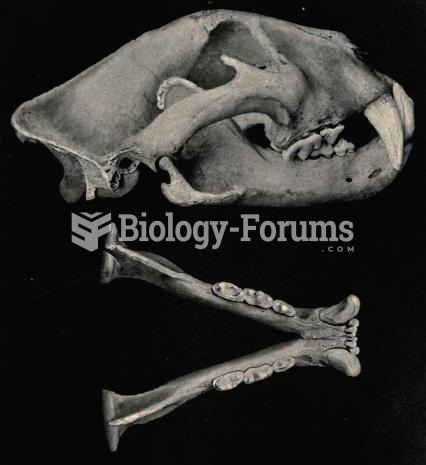|
|
|
About 3% of all pregnant women will give birth to twins, which is an increase in rate of nearly 60% since the early 1980s.
Eat fiber! A diet high in fiber can help lower cholesterol levels by as much as 10%.
Though newer “smart” infusion pumps are increasingly becoming more sophisticated, they cannot prevent all programming and administration errors. Health care professionals that use smart infusion pumps must still practice the rights of medication administration and have other professionals double-check all high-risk infusions.
The Food and Drug Administration has approved Risperdal, an adult antipsychotic drug, for the symptomatic treatment of irritability in children and adolescents with autism. The approval is the first for the use of a drug to treat behaviors associated with autism in children. These behaviors are included under the general heading of irritability and include aggression, deliberate self-injury, and temper tantrums.
More than 30% of American adults, and about 12% of children utilize health care approaches that were developed outside of conventional medicine.
 C:N ratios differ a great deal among the tissues of pines and between the woody tissues of pines and
C:N ratios differ a great deal among the tissues of pines and between the woody tissues of pines and
 The head of the jaguar is robust and the jaw extremely powerful. The size of jaguars tends to increa
The head of the jaguar is robust and the jaw extremely powerful. The size of jaguars tends to increa





